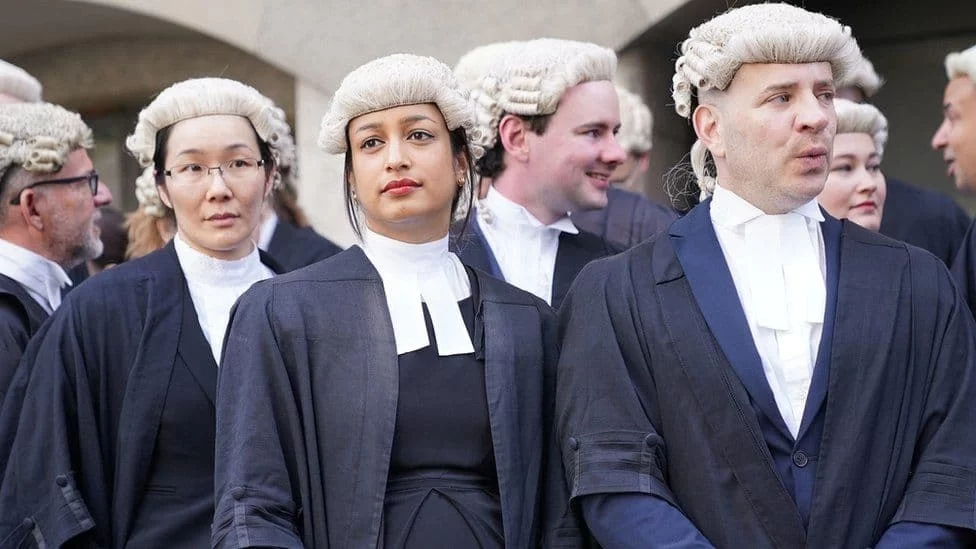
- Historical-Origins-of-Lawyer-Wigs
- Current-Practice-Do-Lawyers-in-England-Wear-Wigs
- Symbolism-and-Controversies-Around-Wigs
- Notable-Cases-and-Public-Reactions
- ESPLawyers-Support-and-Legal-Traditions
Historical Origins of Lawyer Wigs
The question do lawyers in England wear wigs often intrigues those unfamiliar with English legal customs. This practice dates back to the 17th century when wigs became fashionable among the British elite. Lawyers adopted wigs not only as a sign of status but also as a way to symbolize their authority and impartiality in court.
The tradition solidified over centuries, becoming a hallmark of courtroom attire. Wearing wigs was meant to provide a sense of anonymity and formality, distinguishing the legal profession from everyday life and emphasizing the seriousness of judicial proceedings.
Evolution of Legal Dress
Originally, wigs were worn daily by many professionals, but as fashions changed, their use became confined largely to the legal profession and certain formal occasions. Over time, the design of wigs worn by barristers and judges evolved into the styles recognizable today—white or off-white horsehair wigs that command respect and tradition.
Current Practice: Do Lawyers in England Wear Wigs?
Today, the answer to whether lawyers in England still wear wigs is nuanced. In criminal courts and higher courts such as the Crown Court and the High Court, barristers and judges continue to wear wigs as part of full court dress. This practice is especially common during trials, hearings, and formal occasions, reflecting respect for tradition and the solemnity of the process.
However, in many civil courts and tribunals, wig-wearing has been relaxed or abolished. Reforms in recent years aim to make courts more accessible and less intimidating, leading to a gradual reduction in wig use.
Wigs and Legal Roles
Typically, barristers—lawyers who specialize in advocacy and litigation—are the primary wig wearers. Solicitors, who handle more direct client work and less courtroom advocacy, rarely wear wigs, except in some ceremonial contexts.
Symbolism and Controversies Around Wigs
The continued use of wigs remains a topic of debate. Supporters argue that wigs promote a sense of continuity and dignity, helping to separate the court’s authority from everyday life. Critics, however, see wigs as outdated, costly, and alienating to the public, suggesting that they perpetuate an unnecessary barrier between the legal system and ordinary people.
This debate mirrors wider discussions on modernizing legal traditions without losing respect for history.
Notable Cases and Public Reactions
One high-profile instance highlighting public curiosity about legal attire involved a well-known trial in London where media coverage frequently showed barristers in full wig and gown. The striking imagery sparked conversations on social media about the relevance of such traditions in the 21st century.
Stories like this emphasize how legal attire is not just about formality but also about cultural identity within the English legal system.
ESPLawyers Support and Legal Traditions
If you are curious about English legal customs or need assistance navigating the legal system, ESPLawyers offers expert guidance. Understanding traditions like wig-wearing can deepen your appreciation for the legal process, but more importantly, professional legal advice tailored to your case is essential.
Whether you require support in English courts or elsewhere, ESPLawyers is equipped to help you confidently engage with the legal world—wig or no wig.








